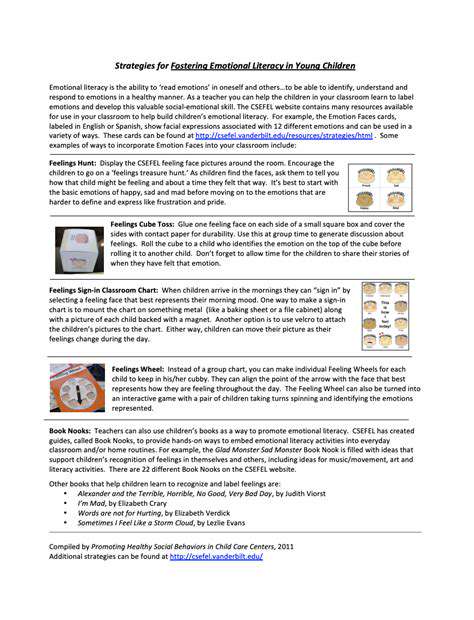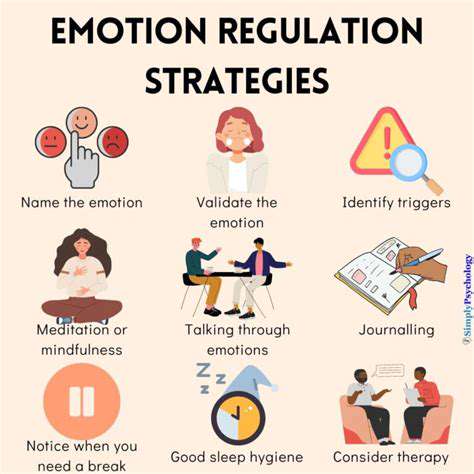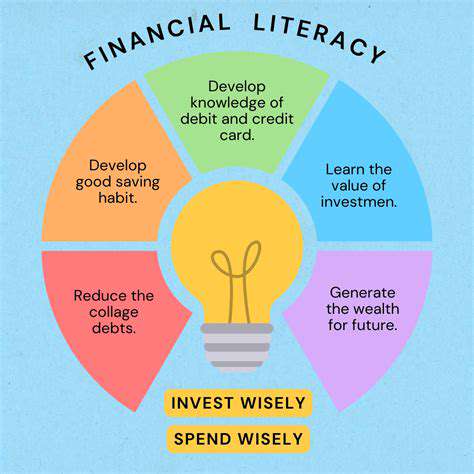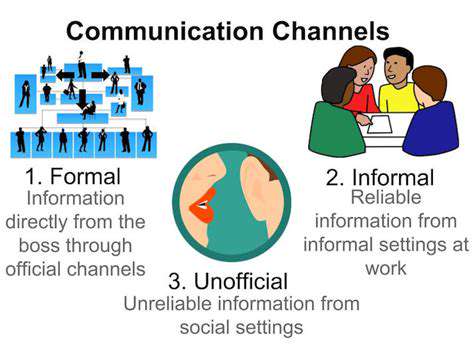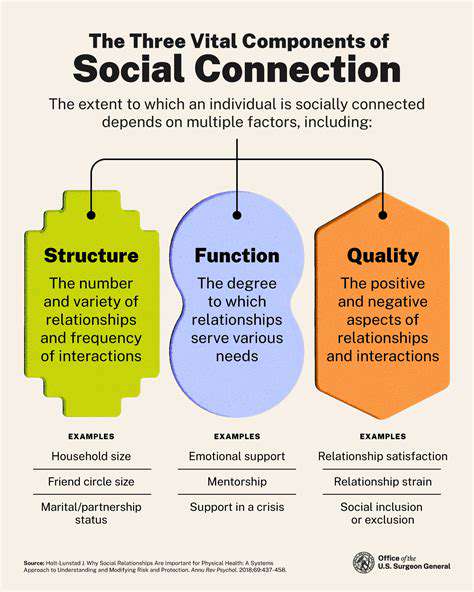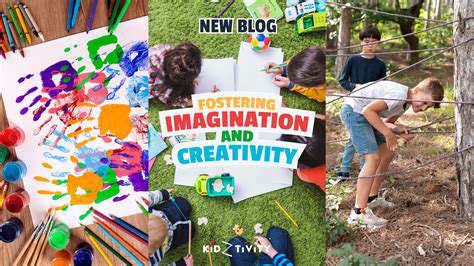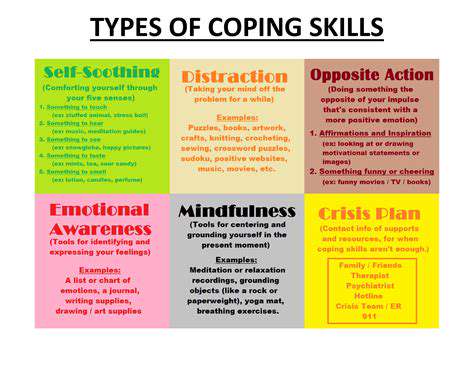Développement émotionnel chez les jeunes enfants : un guide complet
Key Milestones in Emotional Development Across Different Ages
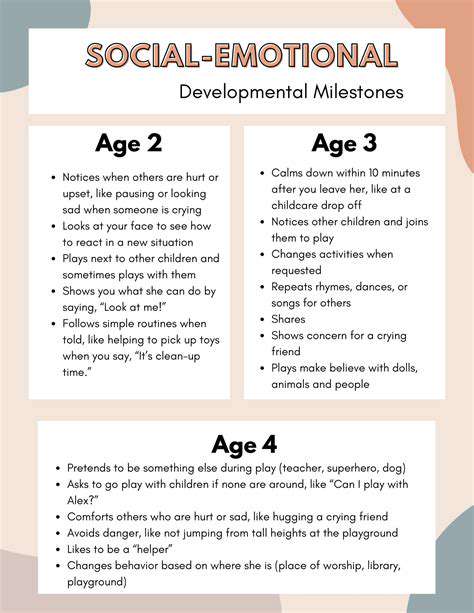
Early Development (Infancy and Toddlerhood)
Infancy and toddlerhood are crucial periods for laying the foundation of emotional development. During this time, infants learn to recognize and respond to basic emotions like happiness, sadness, and anger. They begin to develop a sense of self-awareness and learn to regulate their emotions, though this process is still highly dependent on caregivers. This early experience influences how they will cope with and understand emotions later in life.
Toddlers experience rapid emotional growth as they develop a greater sense of autonomy and independence. This leads to new emotional challenges, including tantrums and frustration. Caregivers play a vital role in helping toddlers understand and manage these emotions, fostering healthy emotional development.
Preschool Years
Preschoolers continue to develop their emotional vocabulary and understanding. They begin to understand that their emotions and the emotions of others are influenced by various factors, such as thoughts and experiences. This growing awareness of cause and effect is fundamental to developing empathy and social skills.
Preschool is a time for exploration and experimentation, which can lead to a wide range of emotions. Children learn to manage these emotions through play and interaction with peers, laying the groundwork for future social-emotional competence.
Elementary School
Elementary school is a critical period for the development of emotional regulation. Children begin to understand more complex emotions like pride, shame, and guilt. This understanding is linked to their ability to make moral judgments and navigate social situations.
Developing empathy and perspective-taking skills are also important during this period. Children begin to consider the feelings of others and learn to respond in ways that are considerate and supportive.
Adolescence
Adolescence is marked by significant emotional and social changes. Puberty, the development of new relationships, and the pressure of academic and social expectations can create a range of intense emotions in adolescents. Navigating these emotional storms is crucial for developing a healthy sense of self and identity.
This is a time when adolescents often struggle with mood swings, anxiety, and depression. Support from families, schools, and mental health professionals is often essential for successful emotional development during this period.
Emerging Adulthood
Emerging adulthood, the period between adolescence and full adulthood, is a time for further emotional growth and refinement. Individuals often grapple with defining their values, making career choices, and forming lasting relationships, all of which can trigger significant emotional responses.
This period often involves increased independence and responsibility, which can lead to greater emotional autonomy and self-reliance. Developing healthy coping mechanisms and understanding personal triggers is crucial during this phase of life.
Early Adulthood
In early adulthood, individuals often focus on building careers, forming families, and establishing their place in society. This can be associated with a range of emotions, from joy and fulfillment to stress and anxiety.
Managing these emotions effectively is crucial for navigating the challenges and opportunities of this life stage. Further development of emotional intelligence, communication skills, and problem-solving abilities often take place during this period.
Middle and Later Adulthood
Middle and later adulthood involve a different set of emotional challenges and triumphs. Individuals may experience adjustments related to career transitions, retirement, and the changing dynamics of family relationships.
Managing grief, loss, and the physical changes associated with aging requires emotional resilience. Maintaining strong social connections and seeking support when needed are crucial for navigating these life stages successfully.
